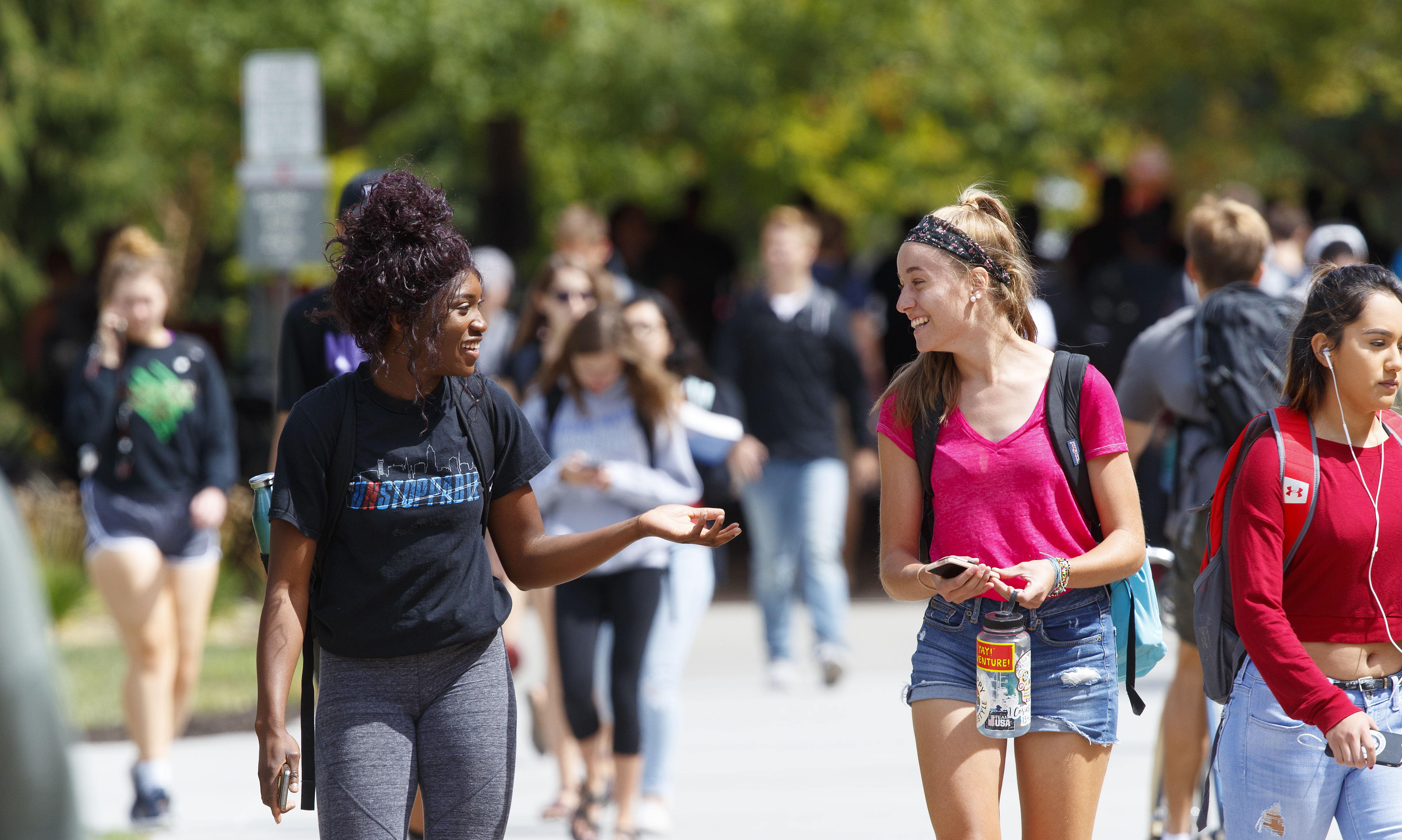Content
We are committed to offering courses that allow you to better understand and learn how to navigate some of today's most pressing challenges as you learn how to better advocate, negotiate, and relate across personal, professional, and public/civic contexts. Our courses are informed by cutting edge research around communication and health and well-being, public advocacy and civic engagement, and diversity, culture, and global communication.
Priority Registration: October 28 • Open Registration: November 13
COMM 202: Rhetorical Methods in Communication Studies
Dr. Justin Kirk
Ever watch a television show or movie and sense that there is more going on under the surface? Rhetorical methods provides students the methods necessary to interpret and analyze the cultural, political, and social meanings behind texts of public culture.
What to Expect
Students will complete a term paper and several analysis utilizing the surveyed methods in the course to analyze one or more texts of their choosing. The spring 2025 semester will examine the cultural import of the cyberpunk genre and how its arguments about culture and ideology still resonate with audiences today.

COMM 354: Health Communication
Cassidy Emmerich
Health communication is a part of your everyday life - it affects and reflects your mental well-being, conversations with doctors, healthcare policies and the media messages you see about what's healthy (or not). Whether you're interested in healthcare, nonprofits, or you just want to better understand healthcare in the U.S., this course will help you analyze the messages, relationships, and structures that define our experiences with health.
What to Expect
Through group discussions, real-world case studies, and hands-on activities like creating a health campaign at UNL, you’ll learn how communication can influence health outcomes.

COMM 374: Mental Health Communication: Communication, Stigma, and (Dis)Connection
Dr. Angela Palmer-Wackerly
Today, among all age groups, we have higher rates of mental health concerns, including anxiety, depression, loneliness, and burnout, than ever before. People who understand how to effectively and appropriately communicate can play an important role in improving mental health for themselves and others around them. We will examine how our mental health affects, and is affected by, communication within ourselves and our relationships, and how that communication affects mental health in organizations, communities, and policies.
What to Expect
Throughout this course, you will complete assignments by yourself and others that increase your awareness of and improve your communication about mental health through 1) in-class learning activities, 2) team discussions, 3) diverse cultural analysis, and 4) creative projects that show how you will improve communication about mental health in today’s world.
ACE 2 certified
Register in MyRed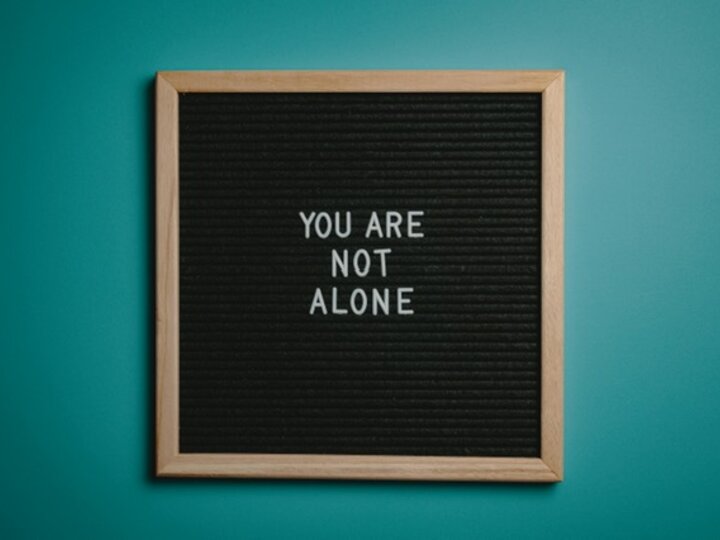
COMM 435: Rhetorics of Race and Empire
Dr. Kate Siegfried
How each of us understands our racial identity - regardless of what it is - is the result of dynamic histories of conquest, migration, displacement, nation-building, and revolution.
This class considers the role of communication and rhetoric in the construction, maintenance, and contestation of global systems of racialization. By passing this class, you will fulfill ACE learning outcome 9: Exhibit global awareness or knowledge of human diversity through analysis of an issue.
What to Expect
We will use our time together in class in the Spring 2025 semester to explore historical and contemporary case studies from across the globe, including Apartheid in South Africa, partition in Ireland, the U.S.- Mexico border wall, and others.
ACE 9 certified
Cross-listed as ETHN 435

COMM 310: Communication and Mentorship
Dr. Samantha Gillespie-Hoffman
Do you have the desire to help others, cultivate nourishing relationships, and build a supportive culture in your professional or social life? Mentorship is a powerful tool for building foundational relationships, cultivating creative environments, and producing a deep sense of meaning in what you do.
What to Expect
Guided by communication theory, students will learn the foundational elements of mentorship practices, how to select appropriate mentorship models, and how to establish strong mentorship relationships. They will also spend time investigating different approaches to mentorship, goal-setting, trust-building, and boundary-setting methods, as well as how to construct a personal mentorship identity.
EL certified
Register in MyRed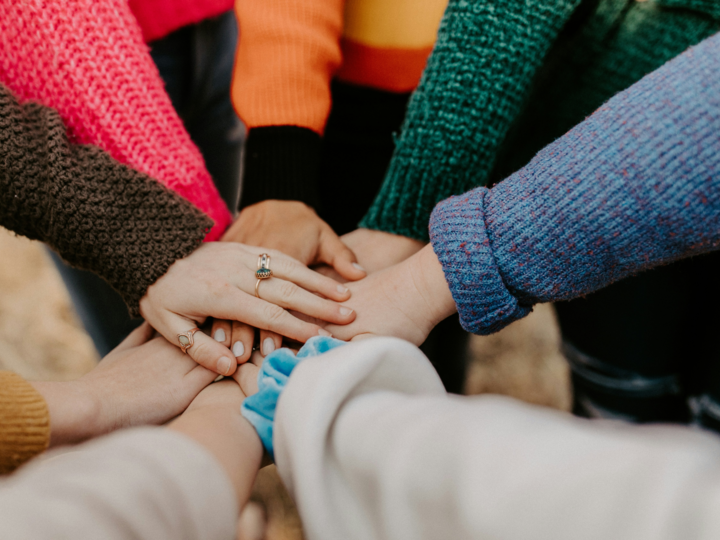
COMM 357: Paranoia and Polarization in Digital Culture
Dr. Casey Kelly
This course helps students make sense of and navigate the mirror world of fake news stories, hoaxes, conspiracy theories, scams, clickbait, trolling, bullying, threats, surveillance, and racist and misogynistic content that populate the malevolent side of digital culture. Students will explore how new forms of digital rhetorics—algorithms, bots, artificial intelligence, memes, imageboards, content aggregation, and social networking—transform culture and alter the very fabric of reality itself.
What to Expect
In the Spring 2025 semester, this course will explore how digital culture and the ideology of Silicon valley shaped the 2024 election cycle
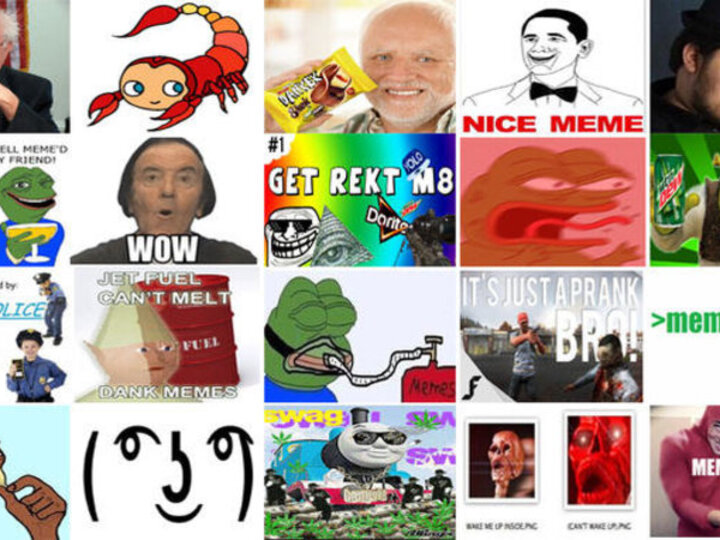
COMM 375: Theory of Persuasion
Dr. Aaron Duncan
Want to learn to change minds and behaviors? Want to make better decisions and be a smarter consumer of messages?
Discover the art and science of how to craft and consume compelling messages that can change can minds and actions.
What to Expect
Students in this course will create and examine a variety of persuasive messages in different contexts including social media, advertising, film, television, interpersonal, etc... The Throughout the semester students will work in groups to develop their own persuasive public service campaign.
ACE 8 certified
Register in MyRed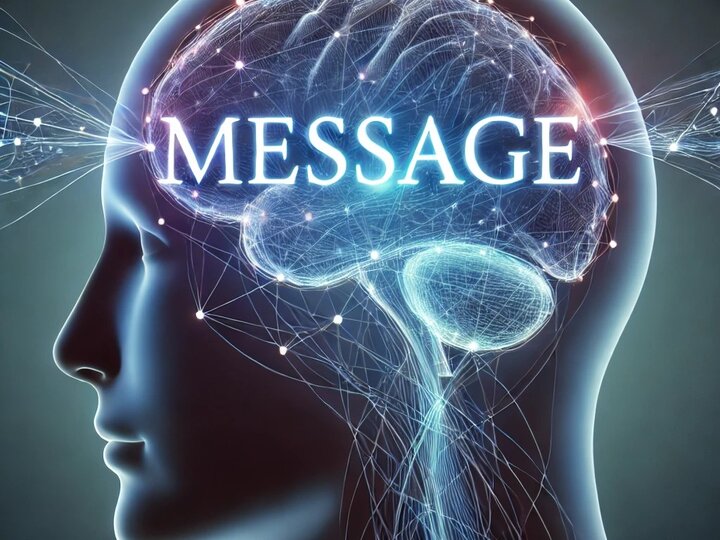
COMM 462: Feminist Media Studies
Dr. Kristen Hoerl
As controversies over the 2023 movie Barbie and Taylor Swift’s romantic life illustrate, popular media influence social attitudes and beliefs about gender and sexuality.
This course looks at how popular culture has responded to activists’ demands for more diverse and complicated portrayals of gender, including better depictions of men and nonbinary persons. It also explores how individuals have used media—including stand-up comedy to Twitter—to advocate for feminist causes.
What to Expect
We will read and discuss current research about how media representations of a range of issues contribute to social struggles over gendered power relations. Students will apply what they have learned by writing a final paper on a recent popular culture artifact of their choosing.

COMM 311: Intercultural and Intergroup Communication
Instructor TBD
Do you want to improve your communication skills and competencies for personal and professional life in our diverse and global world?
Examine and enhance you understanding how our cultural and social identities (e.g., race-ethnicity, religion, political, regional identities such as rural and non-rural) influence how we view and interact in our personal, social, and cultural or global relationships. Students passing the class will fulfill ACE 2 or ACE 9 requirements depending on curricular needs of the student.
What to Expect
In addition to readings, discussion, and other in-class activities, students will have opportunities to engage in conversations or other events with those in our community from other cultural or social identity groups.
ACE 2 and 9 certified
Register in MyRed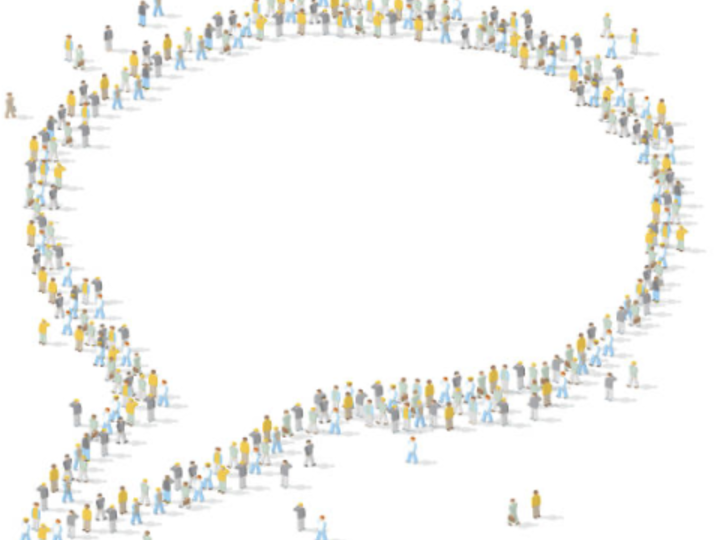
COMM 371: Communication, Conflict, and Negotiation
Dr. Kathy Castle
Do you want to become more knowledgeable and skillful in working through conflict? Conflict is an inevitable part of human relationships and, despite the opportunities that lie within it, most of us are uncomfortable with it and our ability to manage it well. In this class, students will be empowered as they learn how their communication shapes conflict interaction and develop communicative strategies for effectively navigating it.
What to Expect
Students will draw from communication theory and research to examine their own conflict experiences as well as case studies of a variety of conflict situations. In these analyses, students will gain a more in depth understanding of the way the conflict(s) developed and through the application of course content and ideas they will be able to draw from a wide range of strategies in order to engage these and future conflict situations more productively.

COMM 380: Gender and Communication
Dr. Allison Bonander
Gender permeates our society so deeply that we have color coded aisles in stores (pink / blue division isn't just for the toy aisle). Students in this course will gain an understanding of how our language, word choices, nonverbal communication patterns, etc. all influence and have the potential to challenge gender norms.
What to Expect
Students will engage in one scaffolded final project of the available choices. Choices include, but are not limited to: podcast, social media campaign, and/or community impact project. Throughout this project students will work toward making the general public more aware of how gender influences our everyday experiences - and taking a critical stance to challenging, altering, and critiquing that expectation.
Online course
Register in MyRed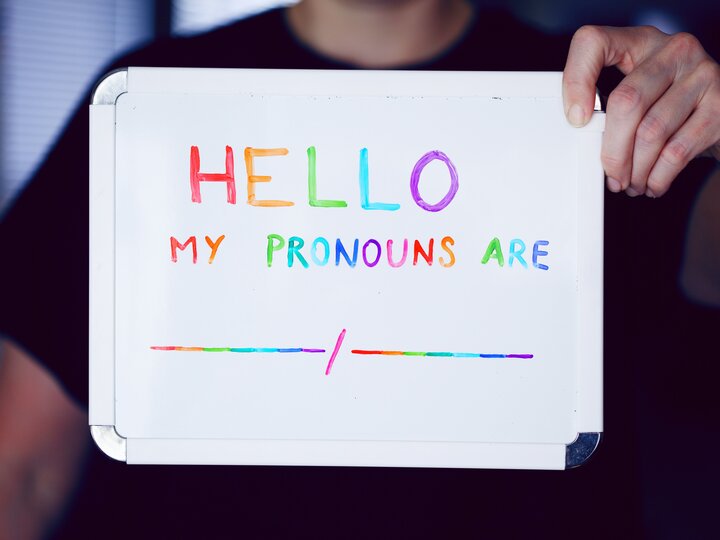
COMM 492: Special Topics: Communicating Global Health
Dr. Satveer Kaur-Gill
Discover how health campaigns and messages are communicated around the world! The COVID-19 pandemic put into perspective that our health is inextricably linked to global health systems, underscoring why we need to learn and communicate about health globally.
In this course, you'll learn why some health campaigns succeed, and others fail in addressing health behaviors. We will dive into key issues like structural racism, environmental pollution, and other social factors that impact health outcomes. Join us to gain a deeper understanding of the global challenges in health communication.
What to Expect
A key outcome of the course is in recognizing the role culture plays in informing health messages around the world.

